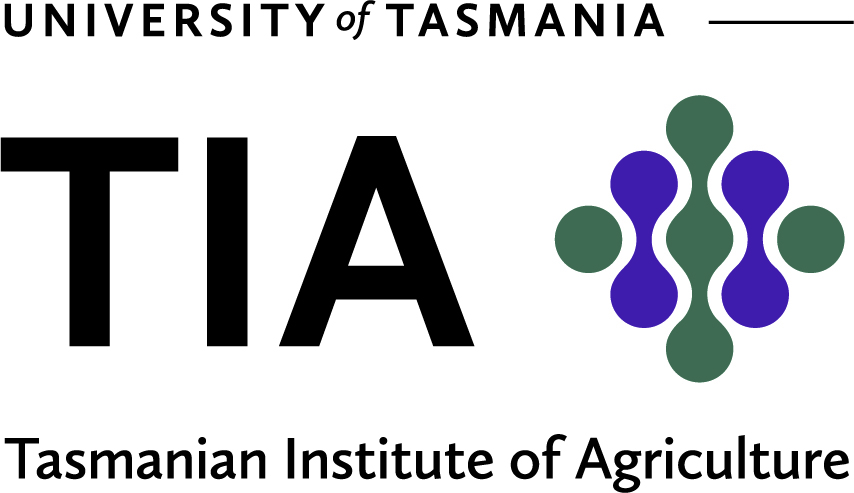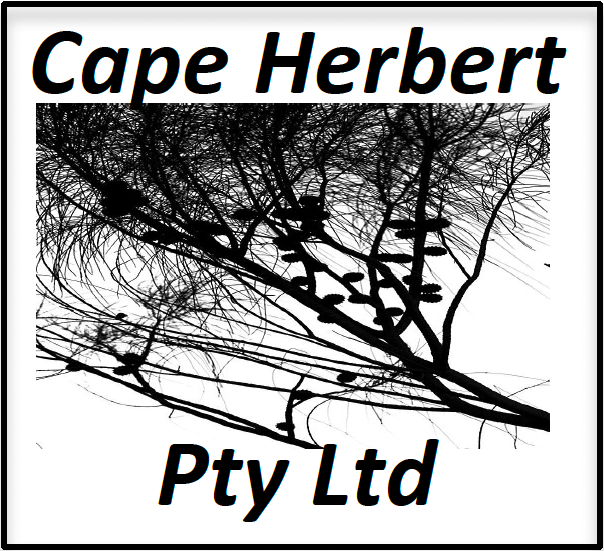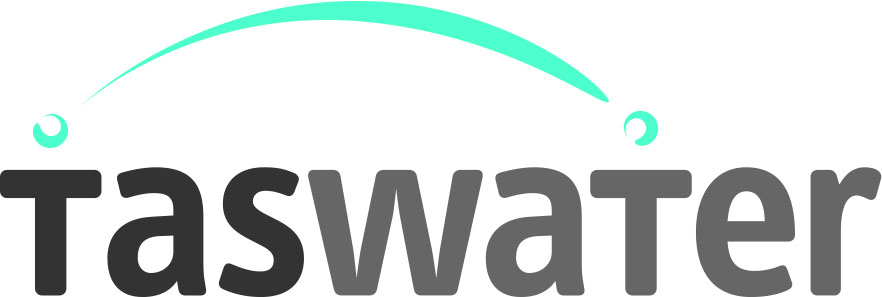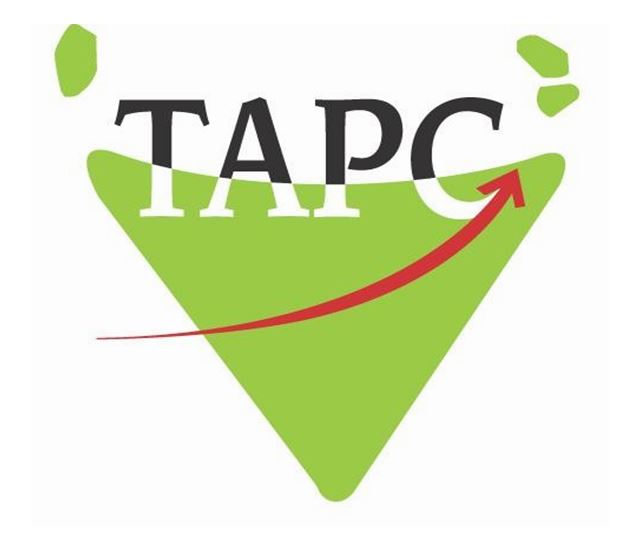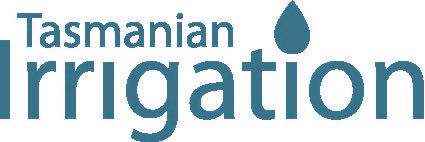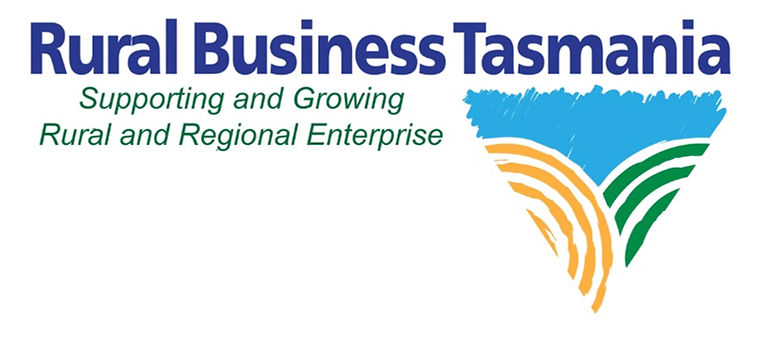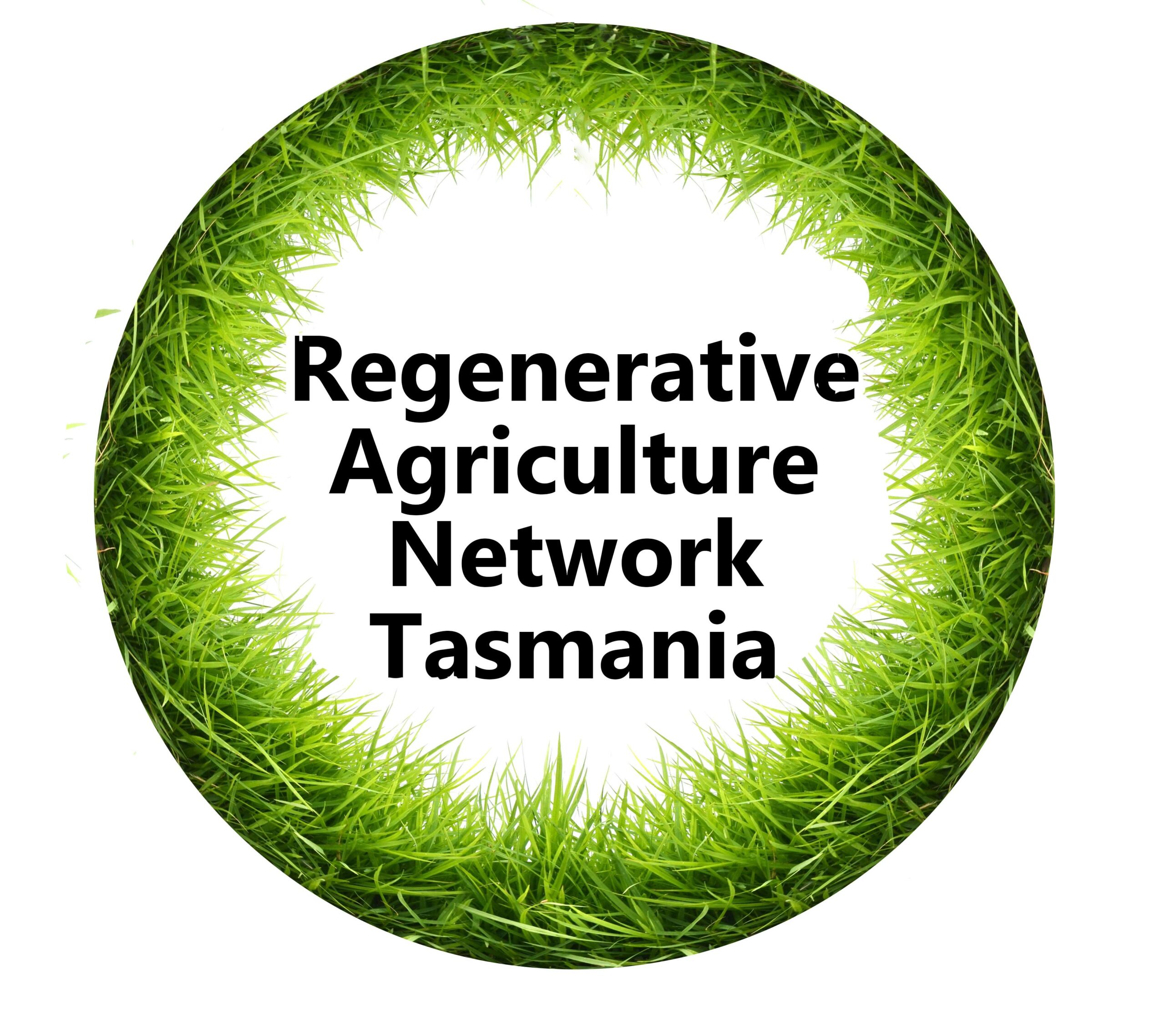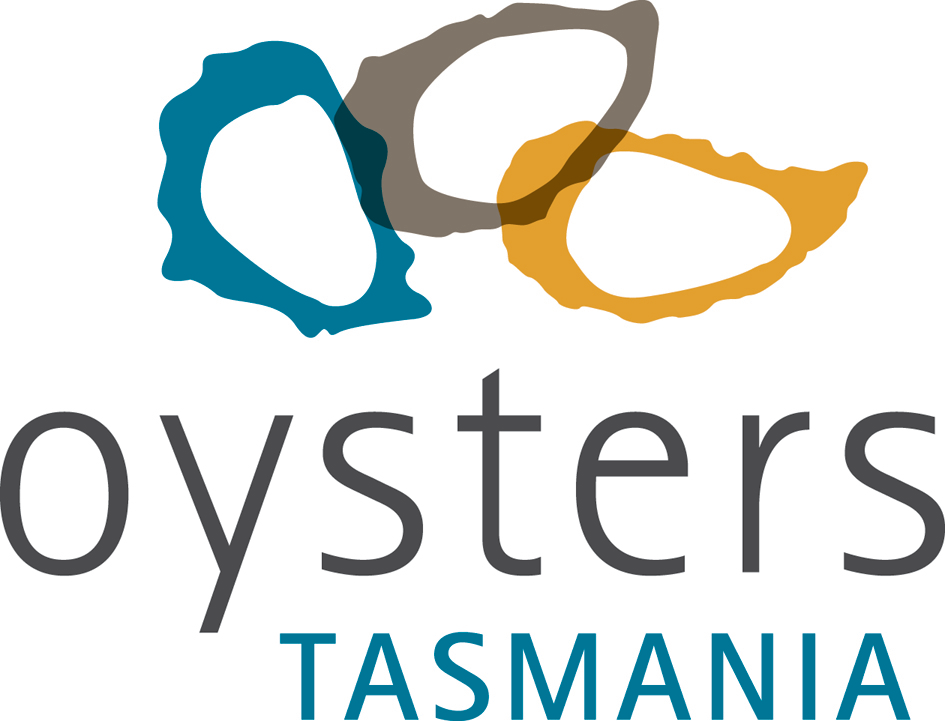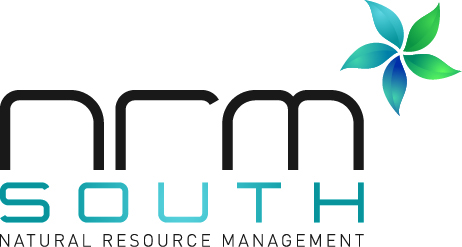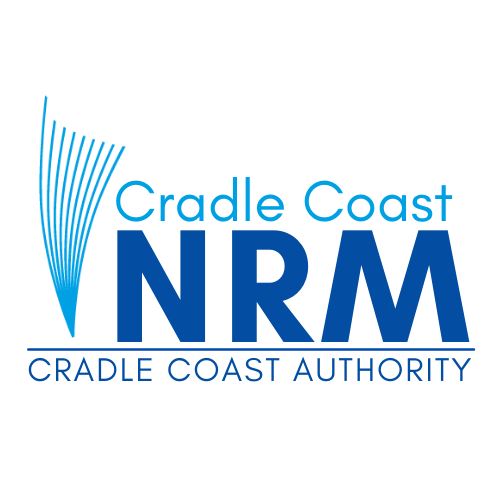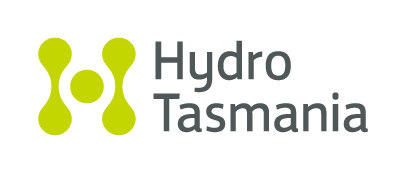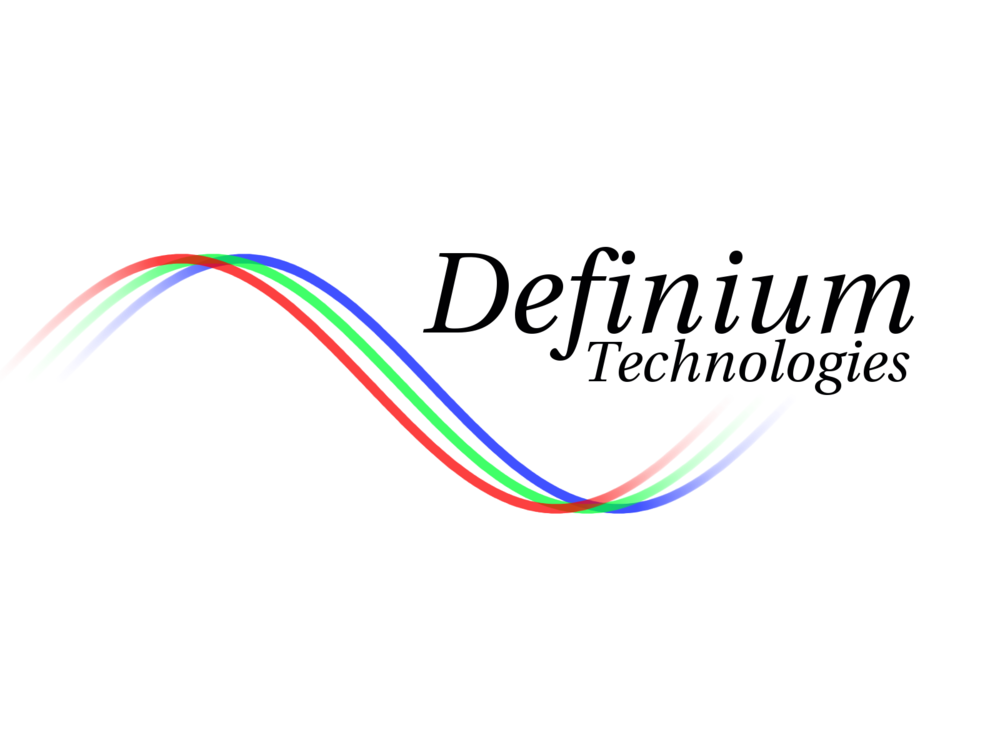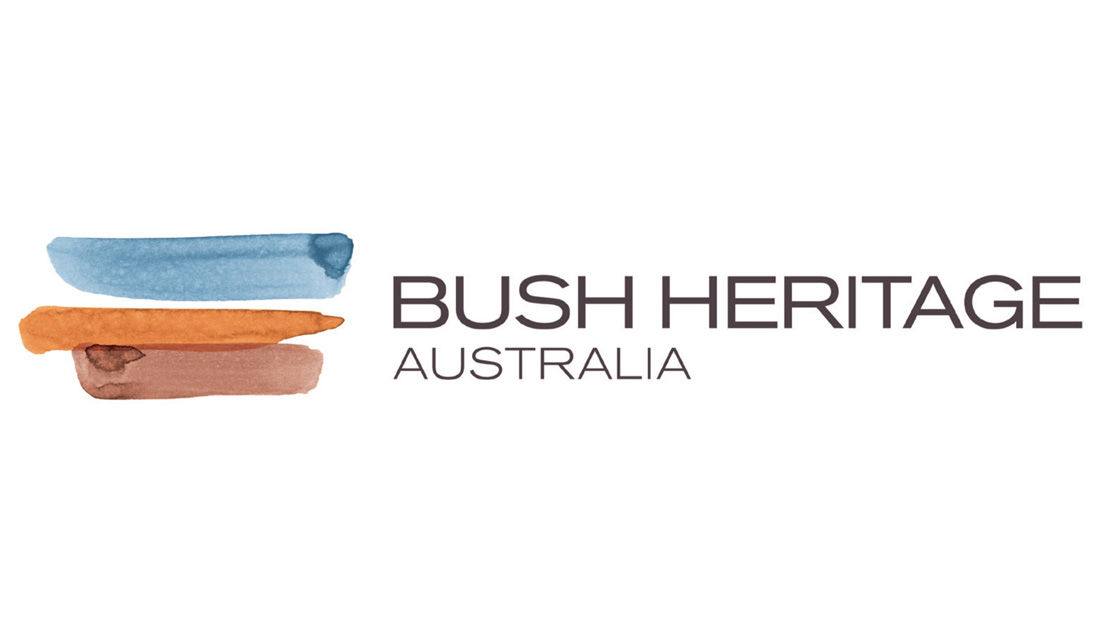Search for a resource
This project aims to inspire the next generation of ag innovators with in-school workshops for upper primary students covering sustainable agriculture, land and water management, biosecurity and ag technology.
Sensors placed in diverse estuary locations will provide real-time data via Oysters Tasmania's ShellPOINT data portal, allowing growers and ShellMAP staff to easily access temperature, salinity and tide information. Project outputs will increase agility for on-farm decisions and build capability for strategic management and planning.
In collaboration with the Derwent Catchment Biosecurity Network, land holders and communities, this project will implement priority actions of the regional biosecurity plan and offer a model for place-based biosecurity networks, strengthening work undertaken by Biosecurity Tasmania.
This project will help farmers diversify and market their produce through agritourism by identifying spare capacity and resources on the farm and providing them with the necessary business tools and tourism networks.
This project will foster partnership between Biosecurity Tasmania and one or more seafood industry stakeholders in a Tasmanian seafood industry supply chain to implement robust traceability systems from harvest to plate to mitigate biosecurity risks, differentiate produce and support the attractiveness of the industry.
OpenNose, a low-cost open-source electronic nose, will be demonstrated on commercial properties to explore barriers to adoption and develop a business plan for the commercialisation of electronic nose technology in Tasmania and beyond.
This project enhances farmers' digital literacy skills to leverage digital innovation and technology in Tasmania's key agricultural sectors. It identifies barriers, enablers and success stories, and delivers engagement activities and resources to build digital literacy among producers and service providers. It will highlight sector-specific trends of adoption of digital ag tech along with challenges faced by farmers and the broader supply chain.
This project provides growers with accurate weather and soil moisture data for better decision-making. Better data access, combined with long-term climate modelling, will improve growers’ lead times and decision making, enhancing productivity and responses to impending drought conditions.
This project facilitates stakeholder dialogue to support sustainable food and fibre production and tap into the opportunities presented by emerging governance frameworks, market-based incentives, and regulatory mechanisms. It builds understanding and connection across organisations involved in environmental accounting and governance frameworks, aiming for a coordinated and complementary approach.
